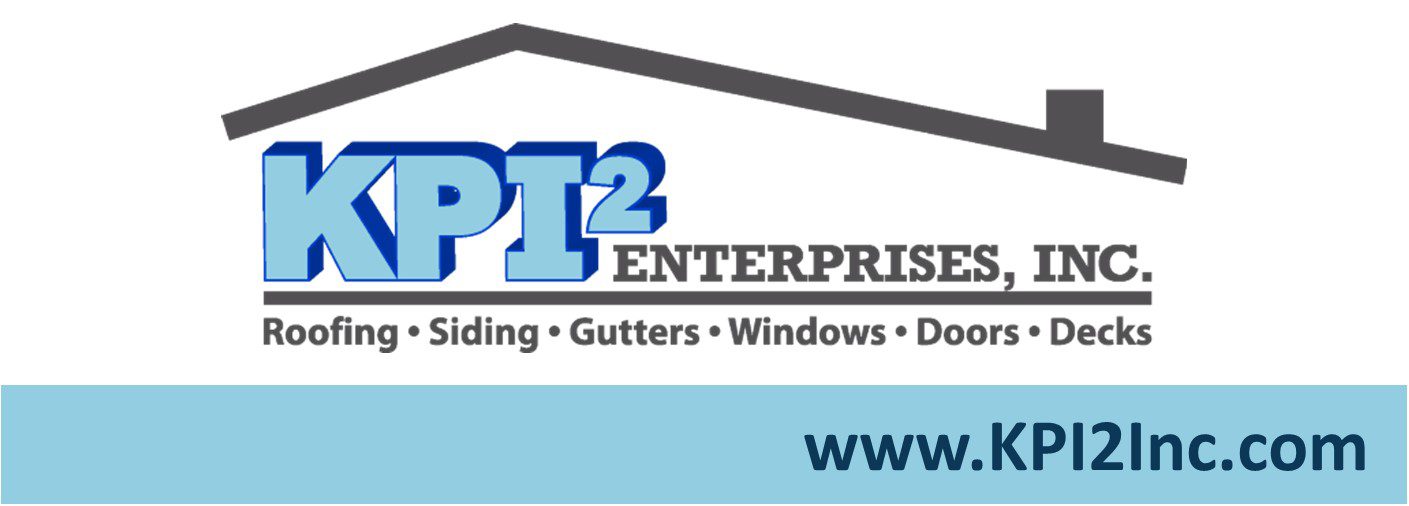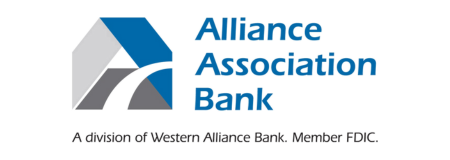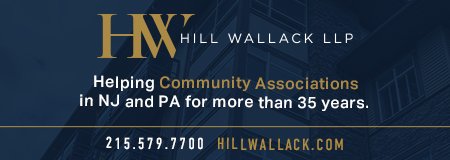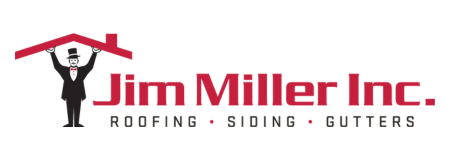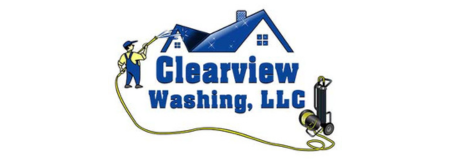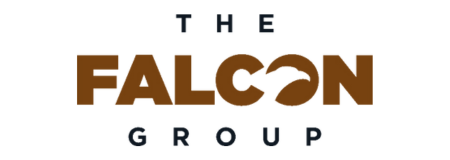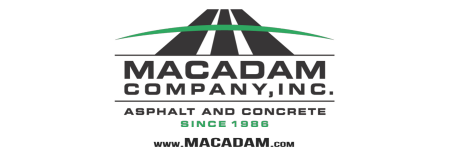New PA law limits the ability of premises owners to shift slip and fall liability to snow removal contractors
By: Brian J. McNulty, Esq. | Heuston McNulty Attorneys-at-Law
A new law in Pennsylvania limits a premises owner’s ability to shift liability for slip and fall accidents occurring on its property to the snow removal contractors. The standard practice has been that snow removal contracts prepared on behalf of premises owners contained indemnification clauses that required the contractor to hold the property owner harmless for injuries occurring on the property related to or arising out of the snow removal services. Those contracts also typically direct that services should not commence until snowfall reaches a certain height, such as one inch or two inches. The agreements might also require that the contractor first received the consent of the owner before beginning work or before applying ice melting products.
Those days are over in Pennsylvania. The new law voids any indemnification agreement where the contractor is directed not to perform snow removal services. The snow removal contractor must have discretion as to when to commence snow removal services and when to commence the application of ice melting products. If they do not, the indemnification clause is unenforceable.
On July 11, 2022 Pennsylvania Governor Tom Wolf signed into law The House Bill 1665, which amends Act 164 of 1970, regarding
indemnification agreements in certain contracts. The act applies to “architects, engineers, surveyors and owners, contractors, subcontractors or suppliers.”
The new law states:
“In a snow removal or ice control services contract between a provider and a receiver, any provision in the contract which provides that the receiver shall be indemnified, held harmless or insured by the provider from damages, claims, losses or expenses arising out of bodily injury to persons, damage to property or economic damage caused by or resulting from the receiver’s negligence, in whole or in part, shall be void if the provider has been AFFIRMATIVELY directed not to perform the snow removal or ice control services by the receiver.
This is the first anti-indemnity statute in Pennsylvania. While there is some case law governing indemnity language, Pennsylvania has no other statute prohibiting broad forms of indemnity. Under this new law, a premises owner will not be able to enforce a hold harmless or indemnification clause unless the contractor has complete discretion as to when to commence snow removal or ice melting services.
A question arises as to what “affirmatively directed” means as it relates to this new law. Clearly, a requirement that the owner consent prior in writing prior to each snow storm or provide consent before the contractor may apply ice-melting product to a road or sidewalk would fall within the Act. However, what about a contract that contains a “per inch” trigger for the commencement of services? Arguably the “trigger” provisions in a contract would also be considered an affirmative declination of services. Many snow removal contracts include a “trigger” provision whereby the snow removal contractor is not permitted to begin service until a specified amount of snow/ice has fallen. The new law prohibits a property owner from enforcing an indemnity clause in a contract which also has provisions limiting the discretion of the contractor was to when to commence services.
For new contracts, we would expect that the limits on the discretion of the snow contractor will be eliminated. The indemnification clauses themselves will not have to be rewritten by virtue of the law, but other clauses that limit the ability of the contractor to decide when to commence services will need to be deleted from future agreements. It remains to be seen how the future changes will effect pricing of snow removal services in Pennsylvania. Will the property owners choose to forego being held harmless in potential slip and fall claims in order to spend less now on their snow removal budget? It is important that property owners, property managers and snow removal contractors understand how the new Pennsylvania law applies to them.
Should you have any questions or wish to discuss this matter in more detail, please feel free to contact Brian J. McNulty, Esq of Hueston McNulty, P.C. at bjmcnulty@huestonmcnulty.com








